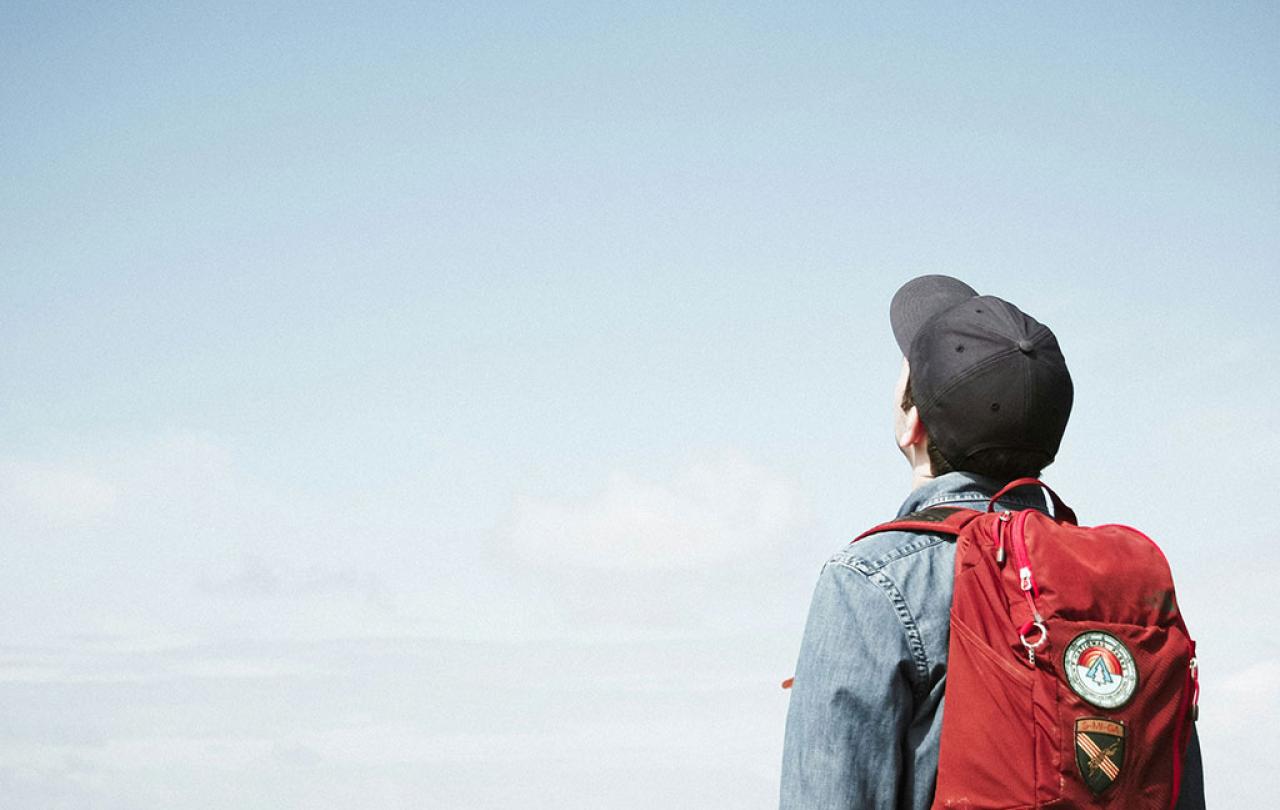Lennon and McCartney are undeniably geniuses. But with the Beatles, they were always greater than the sum of their parts. Even the songs that were solos were credited to Lennon/McCartney. Their solo works, no disrespect, never quite reached the dizzying heights of their collective efforts.
But a biopic for each bandmember is a terribly 2020s take. We want to feel that main character energy pulsing through our veins. While we want to feel part of something bigger, we want to feel that our lives are unique and distinct, not derivative (the latter not being a problem for The Beatles).
But a quartet of films, "challenging the notion of what constitutes a trip to the movies", harmonising in new ways (remind you of anything as subversive and groundbreaking?) provides an utterly lovely step-change in cinema. There's been no shortage of Beatles biographies and films, but this new concept comes closer to art imitating life. Our lives have to be lived independently, but are somehow made more meaningful and rich in connection and collaboration with others.
The philosopher Tom Morris wrote: "There are two striking human passions, the passion for uniqueness and the passion for union. Each of us wants to be recognised as a unique member of the human race. We want to stand apart from the crowd in some way. We want our own dignity and value. But at the same time, we have a passion for union, for belonging, even for merging our identities into a greater unity in which we can have a place, a role, a value.”
Can those passions be held in tension? The Christian faith, while commending us to be outward-focused, does more than polyphonic films. It says that each of us are worthy of our own 'cinematic events'. Yes, we mightn't have started living until we have broken free from our own confines to the concerns of broader humanity, as Martin Luther King said, but an omnipresent director still has infinite attention for each one us within a grander narrative arc.
All you need is love, they sang. But that love needs the perfect perspective of someone else.






